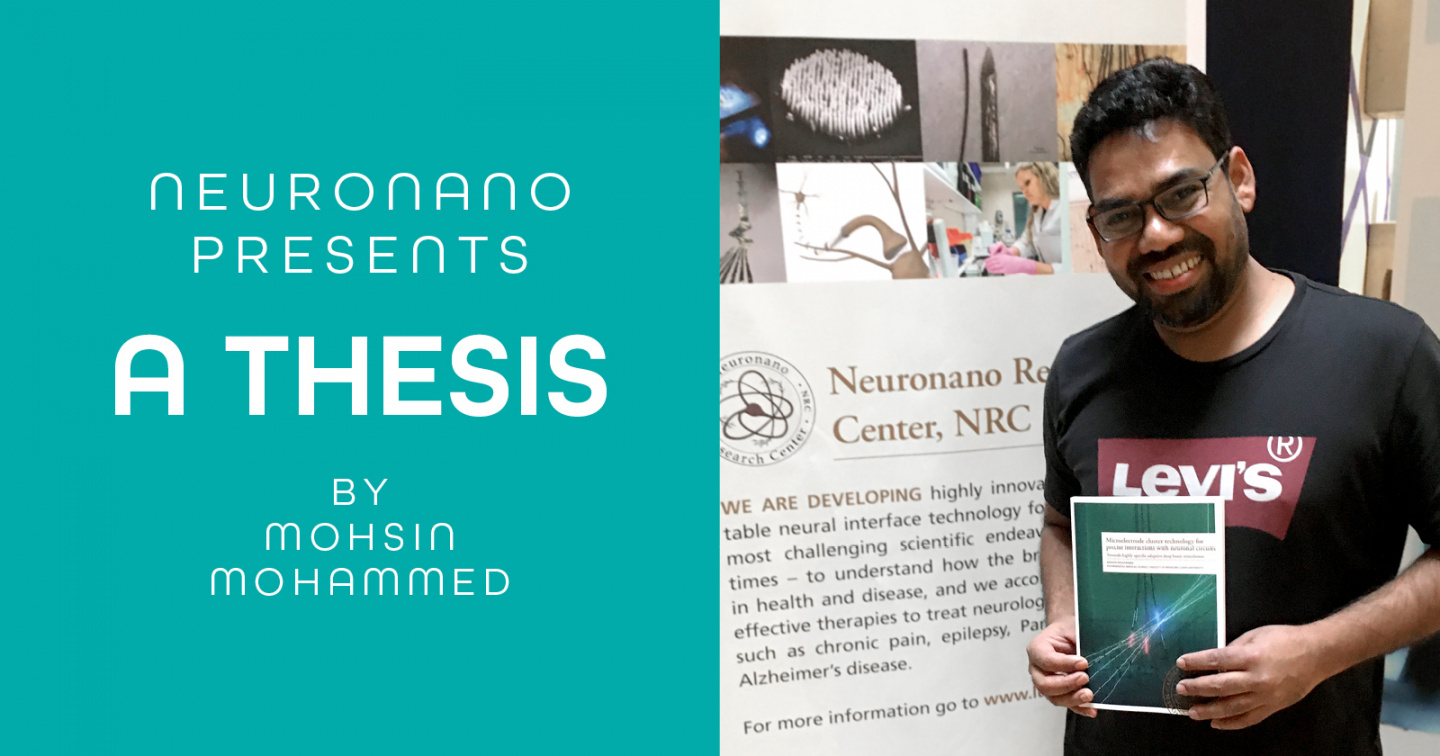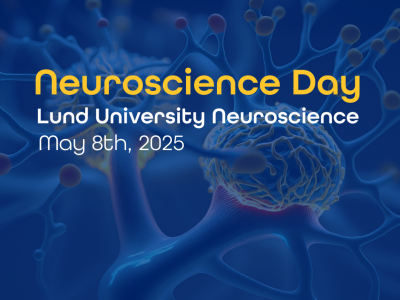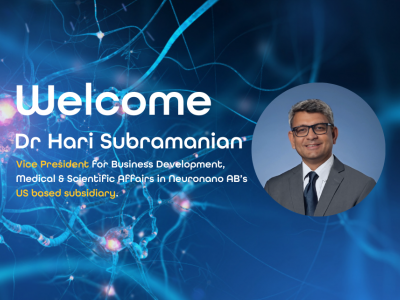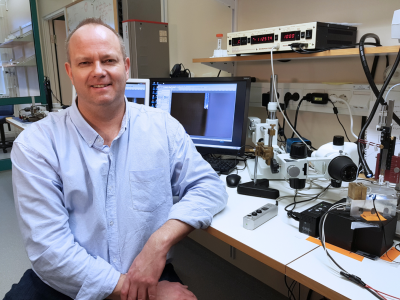Neuro-electronic interfaces are a key component for understanding and interacting with the nervous system. Mohsin Mohammed at the Neuronano Research Center has been working on minimizing the potentially negative tissue reactions when using implanted electrodes in the brain.
As a solution, a new generation of ultrathin flexible electrode arrays based on thin wires embedded in a gelatin vehicle providing structural support during implantation has been developed. The gelatin embedded electrodes were implanted and proven successful during Deep Brain Stimulation (DBS) in rats, using a narrow implantation track followed by spreading out the electrodes as a cluster in the target area.
In conclusion, this thesis represents a novel design for implantable and biocompatible neuro-electronic interfaces comprising highly flexible microelectrodes rendering stable recording properties and improved stimulation specificity. In addition, a novel implantation vehicle was developed to reduce the acute tissue reactions in response to the implantation.
Read the complete thesis by Mohsin Mohammed here, to find out more!





